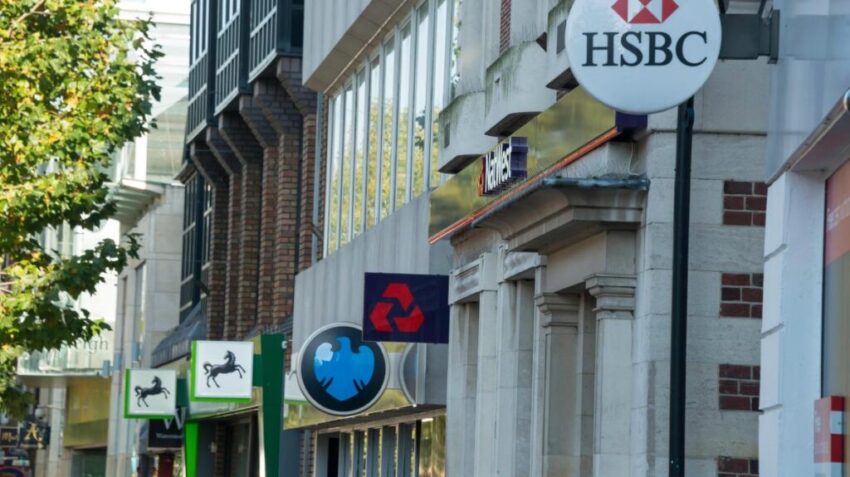Banks lent twice as much to small and medium-sized businesses in the first three quarters of 2020 as in the whole of 2019. Gross lending to SMEs reached £54 billion between January and September, UK Finance, the trade body, said.
More than 1.5 million businesses have drawn on government-backed loans as nationwide coronavirus restrictions forced large parts of the service economy to a standstill.
Close to 1.4 million have drawn on the chancellor’s Bounce Back scheme, which offers 100 per cent state-backed loans. The Coronavirus Business Interruption Loan Scheme, which offers 80 per cent state-backed loans, has supported over 77,900 small and medium-sized businesses, while 658 larger businesses have benefited from the Coronavirus Large Business Interruption Loan Scheme.
Those loans total £68 billion, with small and medium-sized businesses making up a large proportion of the total. “SME financing was particularly in demand in the service industries, which were among the hardest hit by the pandemic,” the report said.
Stephen Pegge, managing director of commercial finance at UK Finance, said: “2020 was a challenging year with the disruption of Covid-19 restrictions and uncertainty ahead of the end of EU transition. The UK’s banking and finance industry continues to support businesses of all sizes across the country to help them trade and invest for recovery.”
Recruitment of permanent staff rose in December
Employers expanded recruitment of permanent staff last month for the first time since September, according to KPMG and the Recruitment and Employment Confederation.
Employers resumed hiring as they responded to positive news about the deployment of the coronavirus vaccines. “Recruiters indicated that the upturn was driven by increased market activity and greater confidence, partly due to recent vaccine news,” the REC report said.
However, employers are still cautious about the outlook and are overwhelmingly opting to meet demand with temporary workers instead of permanent staff.
Demand for temporary workers rose at its fastest in over two years. The temporary billings index rose from 56.1 to 57.9, while the permanent placements index rose from 48.2 to 51.1. Any reading over 50 signals growth. Overall vacancies increased for the first time in two months.
Growing demand for workers filtered through to pay packets. Starting salaries and temporary wages both increased, albeit slightly, for the first time since March.
James Stewart, vice-chairman at KPMG, said: “We will have to see what January brings with a new lockdown sure to fuel economic uncertainty, alongside preparing and adapting to the new relationship with the EU. But there is hopefully light at the end of the tunnel for both business and jobseekers.”
Central banks “need new tools” to fight upheaval
Central banks must develop new tools to deal with the types of upheaval unleashed in the financial markets during the pandemic, a senior Bank of England official has said.
Markets seized up in March as countries went into lockdown, causing chaos in even normally stable debt markets.
Andrew Hauser, executive director for markets, said in a speech that many of the vulnerabilities had been around for some time and were likely to grow “as households and firms come to rely ever more closely on such markets to care for their savings, and fund investment”.
The huge injections of liquidity by central banks were appropriate, he said, but were not well suited to long-term solutions.


